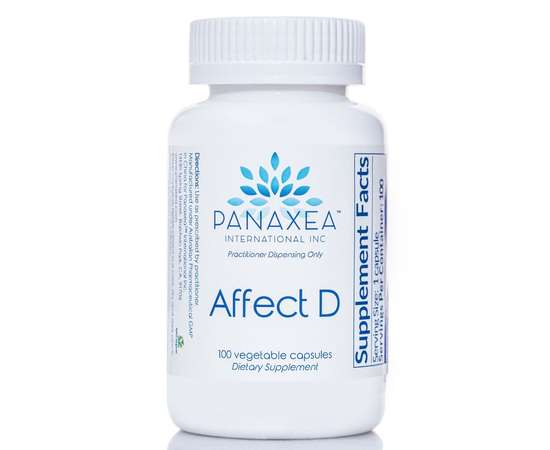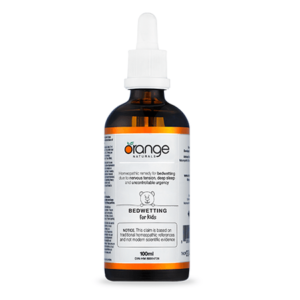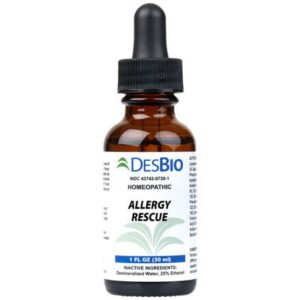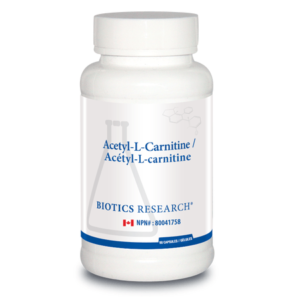Description
Affect D
100 X 500mg capsules
Product Overview
Affect D formulation is a combination of herbs and nutrients. The herbs have been widely scientifically researched and have a long history of traditional use for supporting a positive and stable emotional state.*
Action
- Supports mood*
- Encourages relief of nervous tension*
- Supports feeling of calm relaxation*
Suggested Use: 1 – 2 capsules daily. Recommended to start with lower dose for 1 – 2 weeks.
Caution: Caution is to be used when the patient has a history of liver disease, Corydalis may increase liver enzymes in some patients. Caution with a history of hepatitis. Be very cautious when prescribing together with conventional medicines, Pregnancy and Breastfeeding. Will have additive effect on psychotropic drugs and may cause drowsiness.
5-methyltetrahydrofolate LIKELY SAFE: When used orally or parenterally and appropriately. 5-methyltetrahydrofolate is safe when used in doses less than 1000 mcg per day. In cases of megaloblastic anemia resulting from folate deficiency or malabsorption disorders such as sprue, oral doses of 1-5 mg per day can also be used safely if vitamin B12 levels are routinely measured until hematologic recovery is documented.
POSSIBLY UNSAFE:When used orally in large doses. Doses above 1000 mcg per day should be avoided if possible to prevent precipitation or exacerbation of neuropathy related to vitamin B12 deficiency.
However, as Affect D contains significant B12 this is not a danger. There is some evidence that doses of 5 mg per day orally for up to 4 months can be used safely if vitamin B12 levels are routinely measured. Preliminary clinical research suggests daily doses of 800-1200 mcg might increase the risk of cancer and adverse cardiovascular effects if there is impaired liver function. Affect D uses the methyl form of 5-methyltetrahydrofolate and does not rely on liver metabolism. Very high doses of 15 mg per day can cause significant central nervous system (CNS) and gastrointestinal side effects.
Warning: contains Phenylalanine, do not use with MAO inhibitors for depression or any of the following conditions present: phenylketonuria (PKU) hepatic, cirrhosis, liver damage, melanoma, and migraine headaches.
Radix Bupleuri (chai hu) should be considered contraindicated in the treatment of solid tumors, but not necessarily for hematological cancers. A research article by Shyu et al., (2004) indicated that chai hu promotes endothelial cells growth, migration and angiogenesis and therefore should be cautioned in its use. Note that this was for one fraction while other fractions may have differing effects.
Shyu KG, Tsai SC, Wang BW, Liu YC, Lee CC. Saikosaponin C induces endothelial cells growth, migration and capillary tube formation. Life Sci. 2004 Dec 31;76(7):813-26.
*These statements have not been evaluated by the Food and Drug Administration. This product is not intended to diagnose, treat, cure, or prevent any disease.




